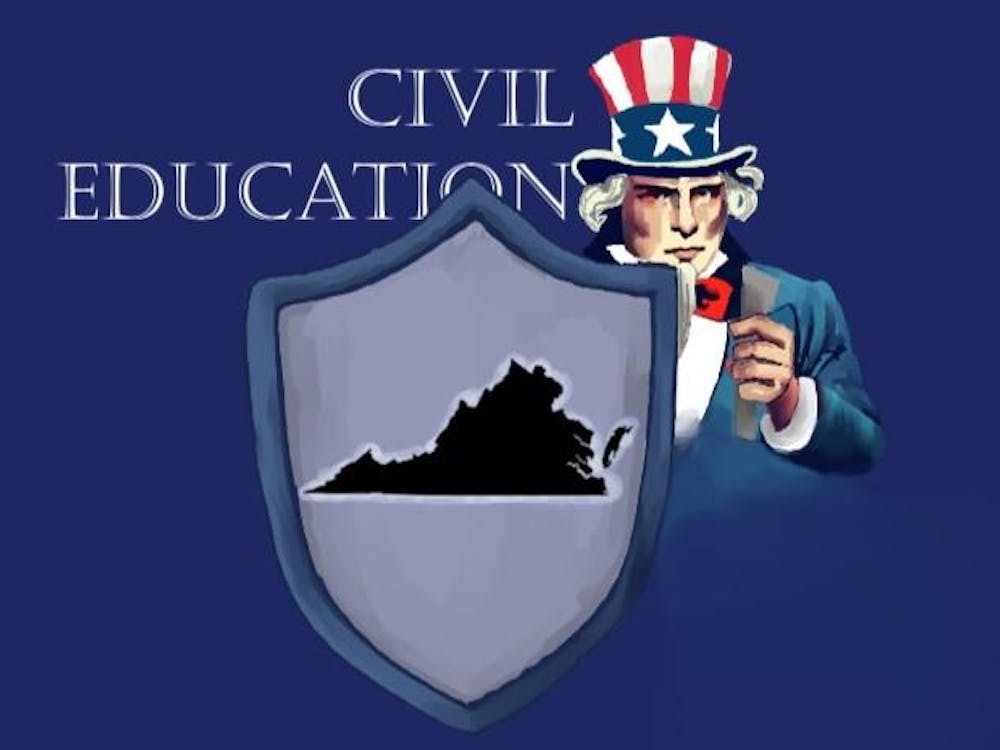If you've spent anytime in a first year hall or suite bathroom recently, you may have noticed the helpful hints and thrilling reading known as the "Stall Seat Journal." If you're particularly lucky, you may also have received a rape whistle courtesy of the Parents Program. Both initiatives were designed to help keep you safe, either from the evils of alcohol or from sexual predators lurking in the shadows. Neither option, however, addresses a very real danger faced by a large number of undergraduates: sexual attacks perpetrated by a stranger and often involving alcohol.
One Canadian university has hit upon that more helpful freshman giveaway, and 40 American universities are following suit. The freebie? A coaster that detects odorless, colorless, tasteless and otherwise undetectable date rape drugs, even in the presence of alcohol.
The handy invention is the brainchild of an entrepreneur whose friend was a victim of an attack involving the date rape. Their company, Drink Safe Technologies, developed a series of products which incorporate an easy chemical test. All it takes is a few drops of a drink, alcoholic or not, placed on the coaster's test patch. If GHB, Rohipnol or a drug known as "Special K" are present, the patch turns blue; if not, bottoms up.
Well, sort of. There is a risk with any attack prevention measure -- rape whistles, pepper spray, drug-detecting coasters -- that they provide a false sense of security. There is no way that the coasters can detect any possible drug, and taking a drink from someone unknown is never a good idea. The coasters, however, do provide a useful service.
As with abstinence-only sex education, a little dose of reality can go a long way toward providing safer, albeit not guaranteed, protection. The "Stall Seat Journal" informs you that few of your peers are drinking frequently, but that's hard to keep in mind at parties or bars when it seems everyone is intoxicated. And rape whistles are all well and good, except that they require that you have them readily available and that there are other people around who will care to respond.
The reality is that although not all college students drink -- or drink excessively -- many do choose to drink, and many do so despite being underage, and despite warnings against indulgence. The even more sobering reality is that date rape is not uncommon. According to the Rape Abuse and Incest National Network, 68 percent of rape victims knew their assailant (http://www.rainn.org/stats.html). A study supported by the Task Force on College Drinking found that alcohol contributes annually to 70,000 sexual assaults and 400,000 incidents of unprotected sex.
Adding date rape drugs to the mix makes it even easier for victims to be caught off-guard. Any of the most common date rape drugs induces a coma-like state where the victim is incapable of resisting, or even of saying "no." The drug also makes it easier for men to become victims, as the drug negates any physical advantage they may have over their attacker.
Encouraging students, particularly underage students, not to drink by sending the message that most college students do not drink in excess is important, but it is just as important to recognize that a significant number of college students do drink. Also significant is recognizing that sexual attacks are just as likely to occur in a social setting as they are in a dark alley, if not more so.
Coasters that test for date rape drugs would be a big step toward recognizing the realities, and the dangers, of the college social scene. In addition to providing an easy way to test for the most common drugs, they also would help to educate new students in particular about the dangers of alcohol and date rape. For only 40 cents apiece, the coasters would go further toward preventing the 68 percent chance of rape by a familiar person, or the 400,000 incidents of unprotected, drunken sex, than a rape whistle ever could.
(Megan Moyer's column appears Wednesdays in
The Cavalier Daily. She can be reached at
mmoyer@cavalierdaily.com.)






